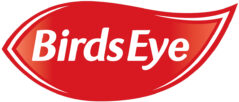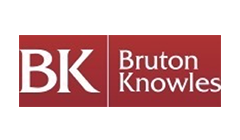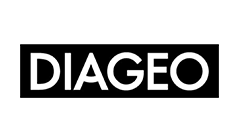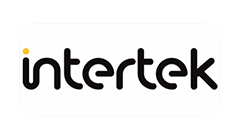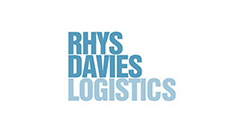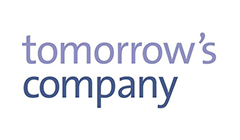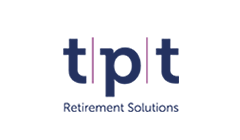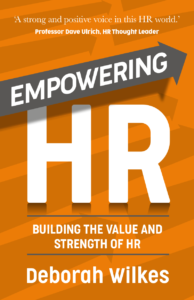How to build Reputation
Winning respect as effective driver of business success when you build reputation
To build Reputation, ask yourself these questions:
- How do I feel I, or my function, are regarded right now? How can I evaluate our reputation in the organization? How is this affecting what we’re able to achieve?
- What would I like people to say about me or about HR? How would I like our Reputation to support the things we’re trying to do?
- What steps can I take to, consciously, manage my/our Reputation so that we can achieve even more and feel proud?
Build your Reputation strategically
Thinking ahead about how to continually build your credibility
This involves taking a real step back so that you can get the full picture. Take a deep breath from daily pressures and book time in your diary to scope out three key areas:
- Context – what really matters in our organization? How do we contribute to that? Which results would I like us to be associated with and get the credit for?
- People – who needs to know how good we are? What language will they listen to? Who do we want to say great things about HR? What do we want them to say about us when we’re not there?
- Process – how can I make more explicit links between what we do, and the business benefit? What meetings, conversations or management reports do I need to have input to, to prove these links?
Build your Reputation tactically
Moving to the front of your mind, day-to-day, how you come across
This is about mindset as well as behaviour. First, you have to believe you’re good, and add real value to the organization. Then it will come across to others convincingly. If you gather the evidence for yourselves first, you can use it to boost your team’s confidence, and rehearse how to get it across to others. For every function these days it isn’t enough to be good, we have to be seen to be good. We are being watched, all the time. This doesn’t sit comfortably with HR people, as so often we are influencing behind the scenes and helping others to be successful. However, we can look out for, or create, in any given situation, opportunities to let people know just how important our contribution has been. In fact, this is essential, not because we’re self-promoters but because Reputation is a key enabler of what we do in HR. If people don’t rate us, they won’t listen to us. If we’re not invited to the party, we can’t show how well we can dance.
Political intelligence in HR
We tend to think that we’re not political animals in HR, but in fact we’re always taking a position politically. For example, if we stay out of a discussion, we’re taking a passive, and potentially weak, position rather than no position. If we’re insisting on absolute correctness, eg. in an employee dispute, then we’re taking a controlling position. Political intelligence gives us the tools to choose our position, consciously, and be fully aware of how we will be regarded as a result of that position. If you want to shift how your HR function, or you personally, are regarded, then you can think through a new strategy to take control of how you come across.
HR Advocacy and the Feedback Loop
By Advocacy, we mean stating your position clearly, consistently and repeatedly. Our client groups and stakeholders often need help and time to understand what we do, and how it relates to their agenda. A simple example of advocacy is to create a presentation about what you do, and why. If you haven’t already done this, it really helps to focus your mind. Include the strategic context, and the immediate commercial pressures, in the language of your audience. Explain how HR works, and how it integrates with key aspects of performance in the business. For example, there is now lots of data about the links between engagement and productivity, and in HR we can definitely justify what we do to drive engagement.
The Feedback Loop is a marketing technique that’s entirely mutually beneficial. It means following through to completion after conversations you have had, and going back to people to tell them what you did as a result of what they said. For example, if you consult with a Director on a new intervention, then go back to them at the right time and say ‘we designed it this way because you said x’. It’s a powerful way to demonstrate that you listen and collaborate.
Organisations we’ve worked with


